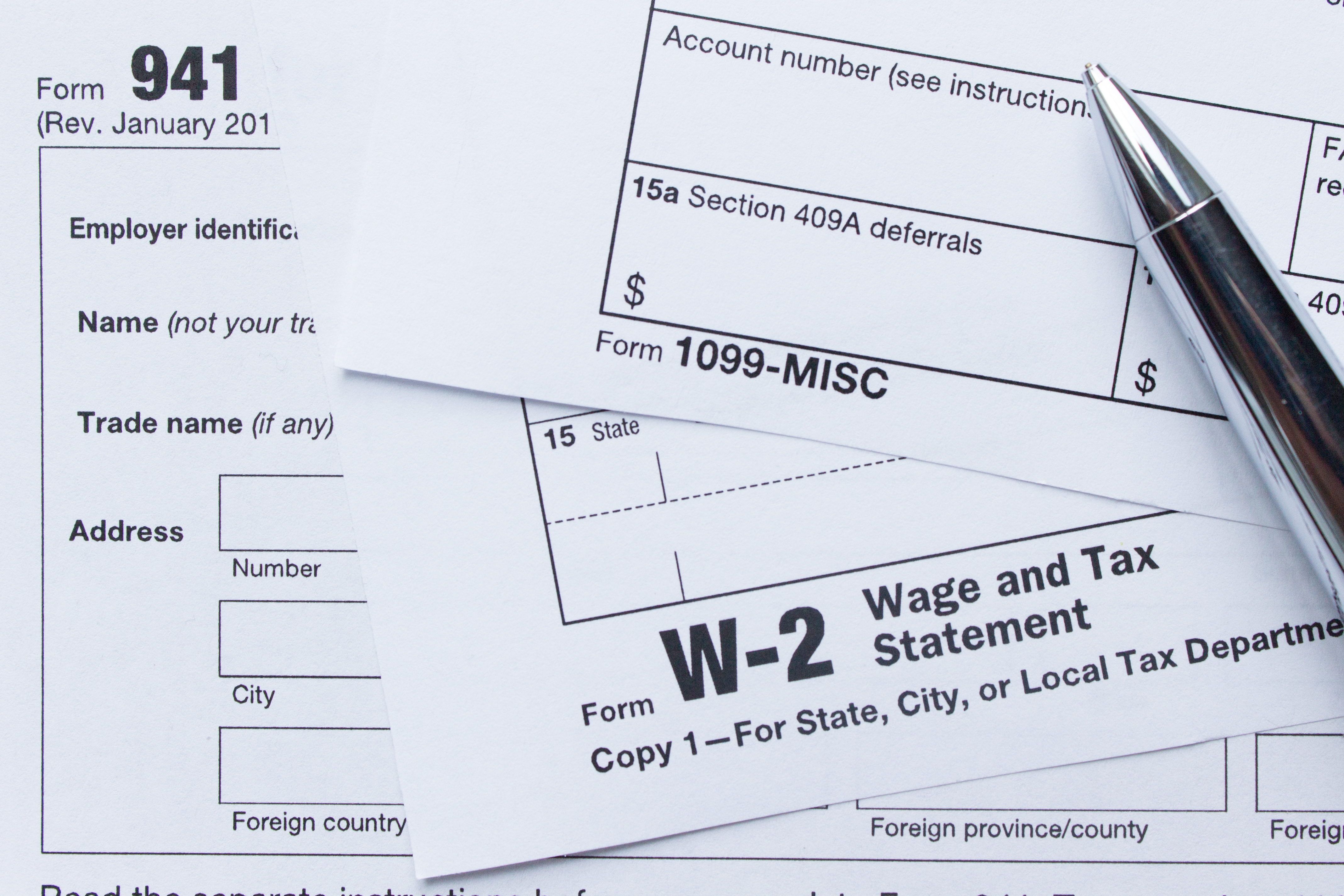Cash is king—especially in today’s unpredictable economy. Yet many business owners are flying blind when it comes to cash flow.
Running a business involves juggling countless responsibilities, but managing financial operations doesn’t have to be one of them. By working with a Client Accounting and Advisory Services (CAAS) professional, you can streamline your financial processes while providing actionable insights to improve decision-making. CAAS can revolutionize your business operations, through:
On May 22, 2025, the U.S. House of Representatives narrowly passed a comprehensive tax and spending bill, often referred to as the "One Big Beautiful Bill Act." This legislation encompasses significant tax reforms and spending measures. The bill now advances to the Senate, where it faces potential revisions and debates.
As we reach the midpoint of the year, now is the perfect time for business owners to take a close look at their budget vs. actual performance. Monitoring this comparison isn’t just a box to check—it’s a critical step in making informed financial decisions, adjusting course where needed, and strengthening your forecasting for the remainder of the year.
When it comes to employment and taxes, the distinction between a 1099 independent contractor and a W-2 employee is crucial. Each classification carries different tax responsibilities, benefits, and potential drawbacks. Understanding the implications can help you make informed financial decisions, whether you’re a worker choosing between roles or a business deciding how to classify your workforce.
Determining “reasonable compensation” is a critical issue for owners of C corporations and S corporations. If the IRS believes an owner’s compensation is unreasonably high or low, it may disallow certain deductions or reclassify payments, potentially leading to penalties, back taxes and interest. But by proactively following certain steps, owners can help ensure their compensation is seen as reasonable and deductible.
Non-profit organizations operate with a mission-driven focus, but like for-profit businesses, they must track key performance indicators (KPIs) to ensure financial sustainability, operational efficiency, and mission impact. The right metrics can help leadership make informed decisions, attract donors, and improve program effectiveness. Below, we explore the most critical analytics and KPIs that every non-profit should focus on.











